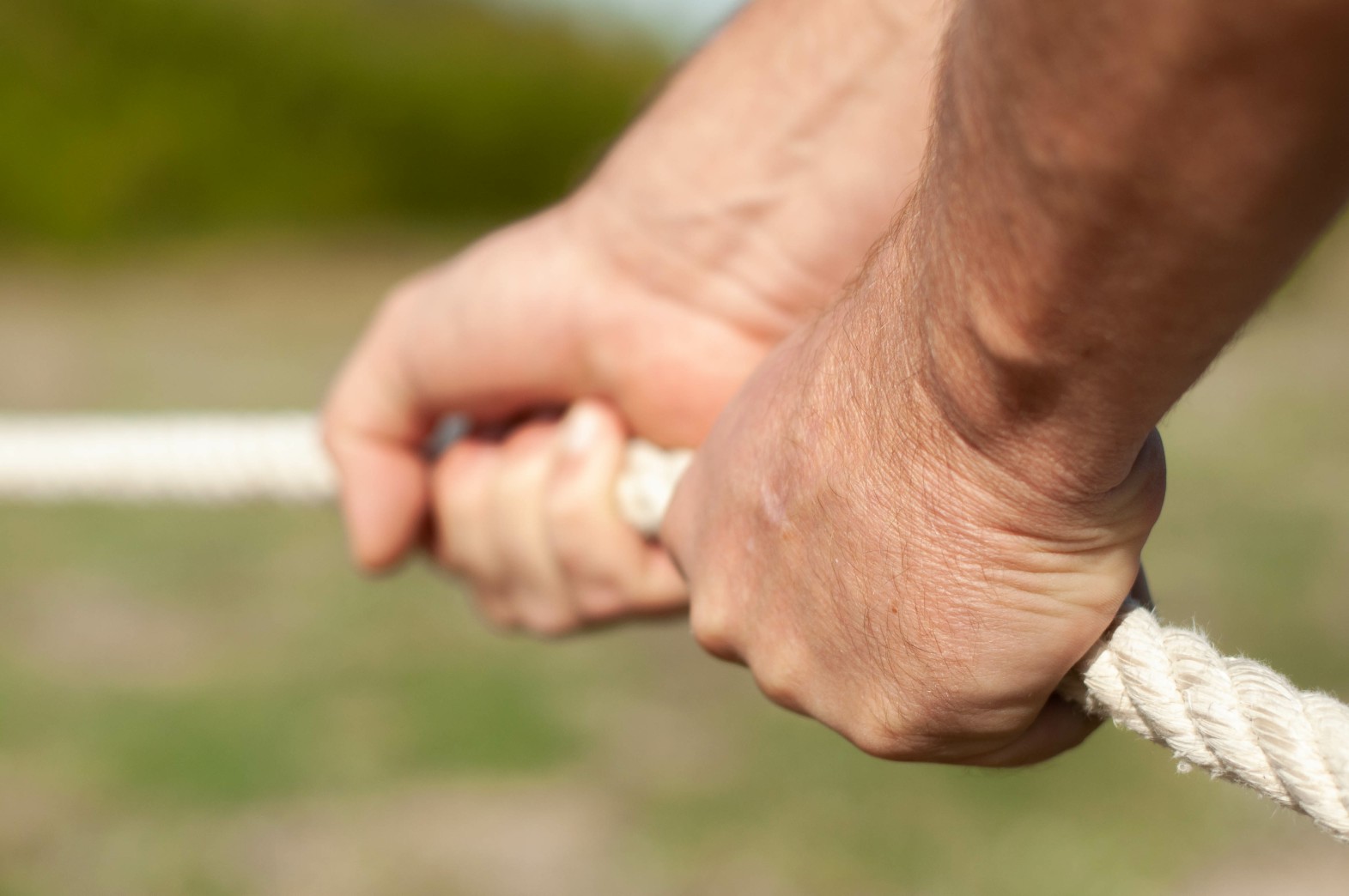The more tightly you grip on an object the longer you are likely to live. A weak grip, on the other hand, indicates that you are less likely to be able to stand up to chronic disease and therefore be less healthy when you are older—and so die earlier.
A team of research scientists at Michigan Medicine is so convinced that this link is valid that they are urging physicians to start using grip strength as a means of predicting heart problems. They argue that it is a better measure than the method that is commonly used, which is checking a person’s systolic blood pressure.
The reason grip strength is such an effective test is that it is a good indication of your strength overall, the researchers argue. The weaker your grip strength, the older you are biologically, they explain, and therefore the greater the chance that you will die at an earlier age.
Screening
Clinicians should use grip strength as a means to screen people to determine the risk they face of chronic disease, functional decline, and even early death, suggests Dr. Mark Peterson, lead author of the study.
Grip-strength screening would provide physicians with a reason when necessary to take action to delay or even stop the progression or onset of adverse health events that are age-related, explains Peterson, who is an associate professor of physical medicine and rehabilitation at the University of Michigan.
Indeed, the team has been urging clinicians to endorse the use of grip strength screening in clinics, he adds, but it is being used only among the elderly, even though many studies have shown that grip strength is a good test of any person’s health.
For the first time, this study finds significant evidence of a biological connection between an acceleration in a person’s biological age and muscle weakness, Peterson says.
This finding indicates that if you keep up your muscle strength over your lifetime, you might be in a better position to protect yourself from many common diseases that afflict you when you are older, he adds.
Better understanding
Peterson says that future research is required to better understand how the link between age acceleration and grip strength works.
Earlier studies have found that chronic inflammation in older people—sometimes called “inflammaging”—is a leading risk factor to predict mortality among adults who are older. Such inflammation is also linked to weaker grip strength. It might also be a means of predicting chronic disease and disability.
In addition, studies should be conducted to determine how factors relating to lifestyle, such as diet and physical activity, can affect the relationship between age acceleration and grip strength, Peterson says.
Healthy diets are significant, but Peterson says he believes that regular exercise is vital to preserve your health during your lifetime. The effect of exercise can be tested with grip strength, he argues.
Lifestyle choices
The researchers explain that our choices that relate to lifestyle, such as smoking and diet, along with illness, cause our biological age to speed up faster than our chronological age. Put another way, your body is aging more quickly than you would expect it normally to do.
We all age at different speeds, the researchers continue. For that reason, two people who are each aged 50 might have different biological ages. A number of factors, both extrinsic and intrinsic, have resulted in their aging at different rates. As a result, they face different risks when it comes to early death and disease.
Just as smoking is a significant way of predicting whether you will suffer age-related diseases, so muscle weakness can be seen in a similar light and could be called the “new smoking,” adds Peterson.
Study covered a decade
The strength of the study was that those involved in it were followed for eight to 10 years, explains Dr. Jessica Faul, a co-author of the study and a research associate professor at the University of Michigan Institute for Social Research.
The research team investigated the relationship between grip strength and a person’s biological age in a study of 1,274 middle-aged and older adults. To determine the impact on the subjects’ biological ages, they used “age acceleration clocks” which are based on what is called DNA methylation, which estimates the speed at which we age. The clocks were adapted from other studies that looked at cardiovascular disease, diabetes, cancer, Alzheimer’s disease, physical disability, early mortality, and inflammation.
The results indicated that older women and men show a link between a weaker grip strength and an older biological age using the clocks.






